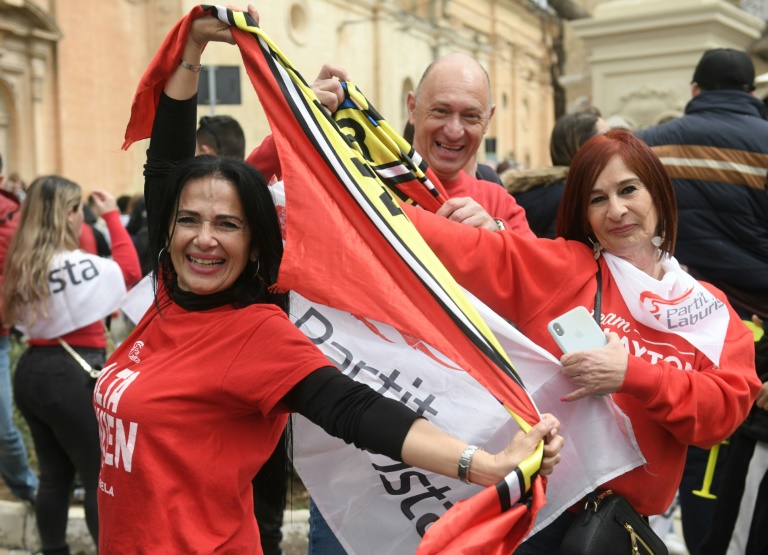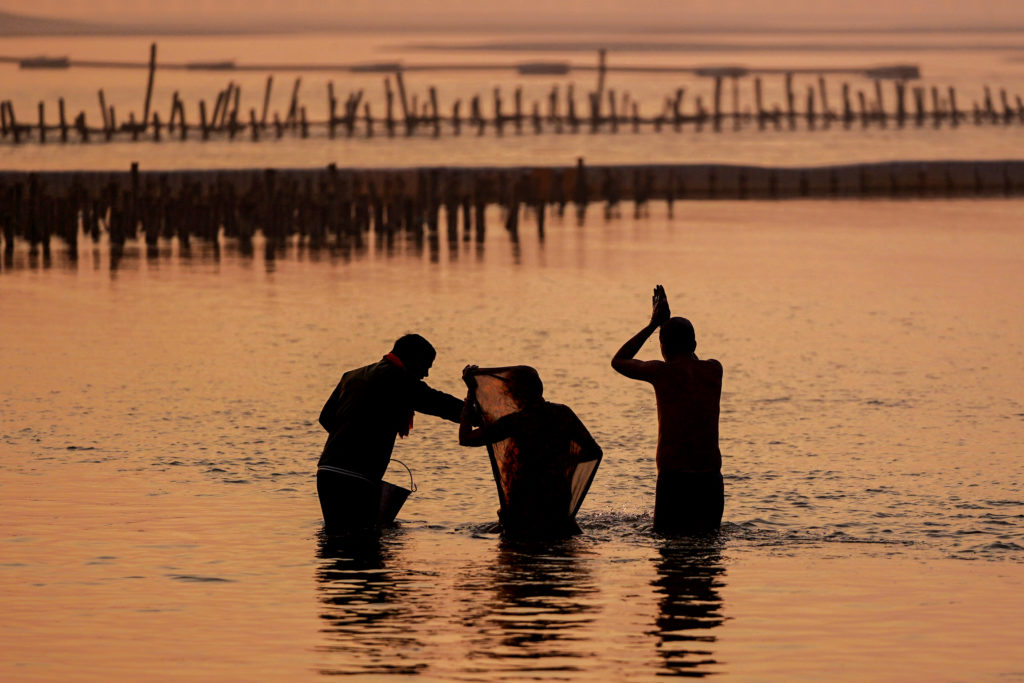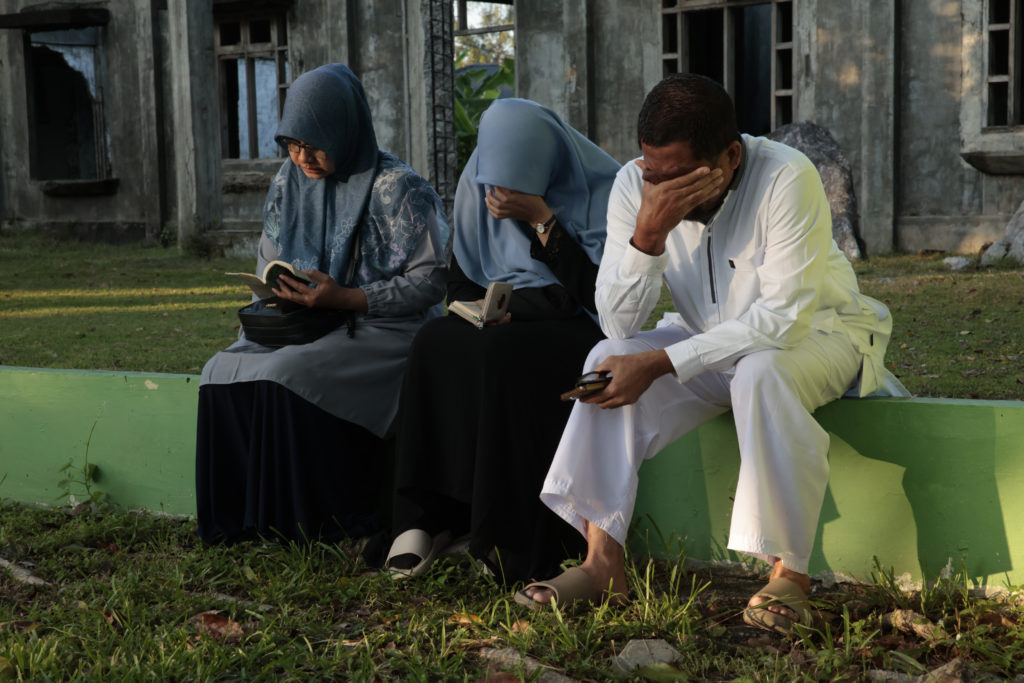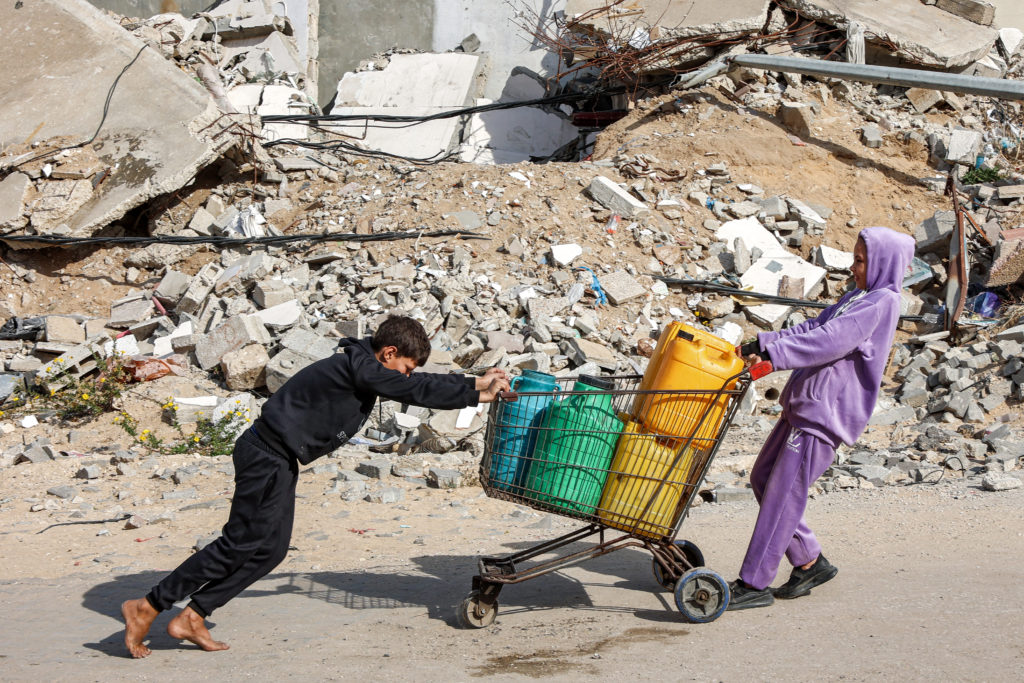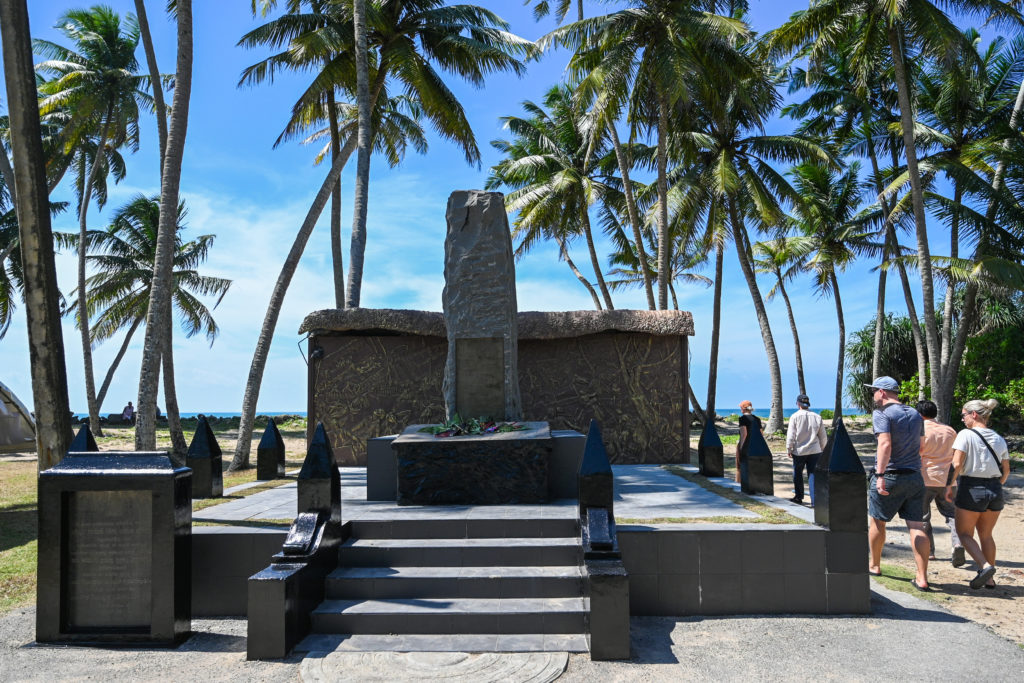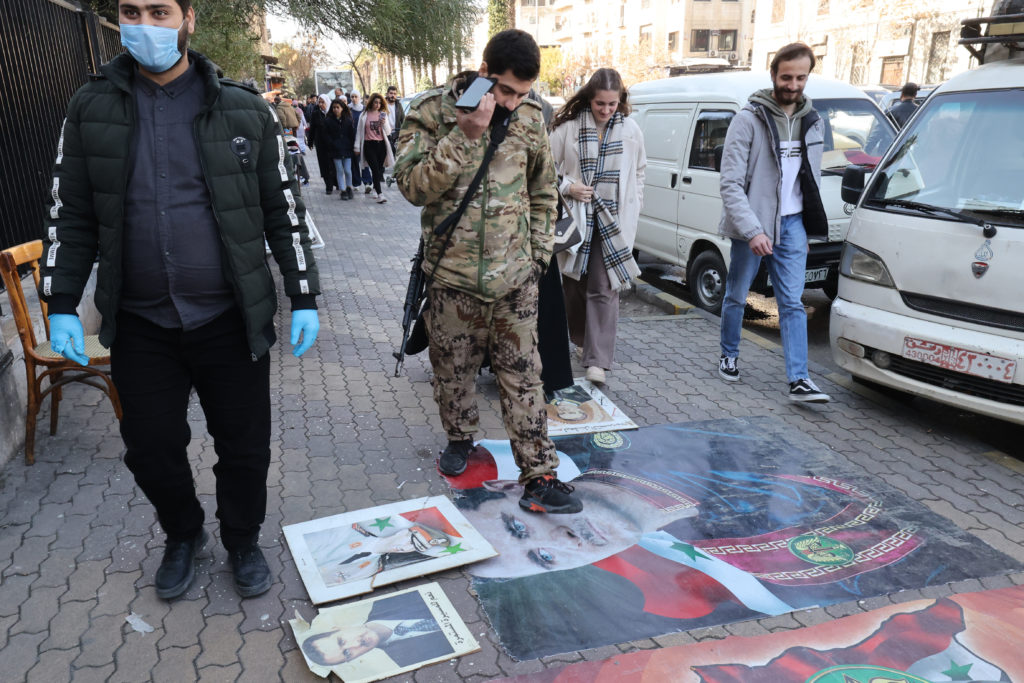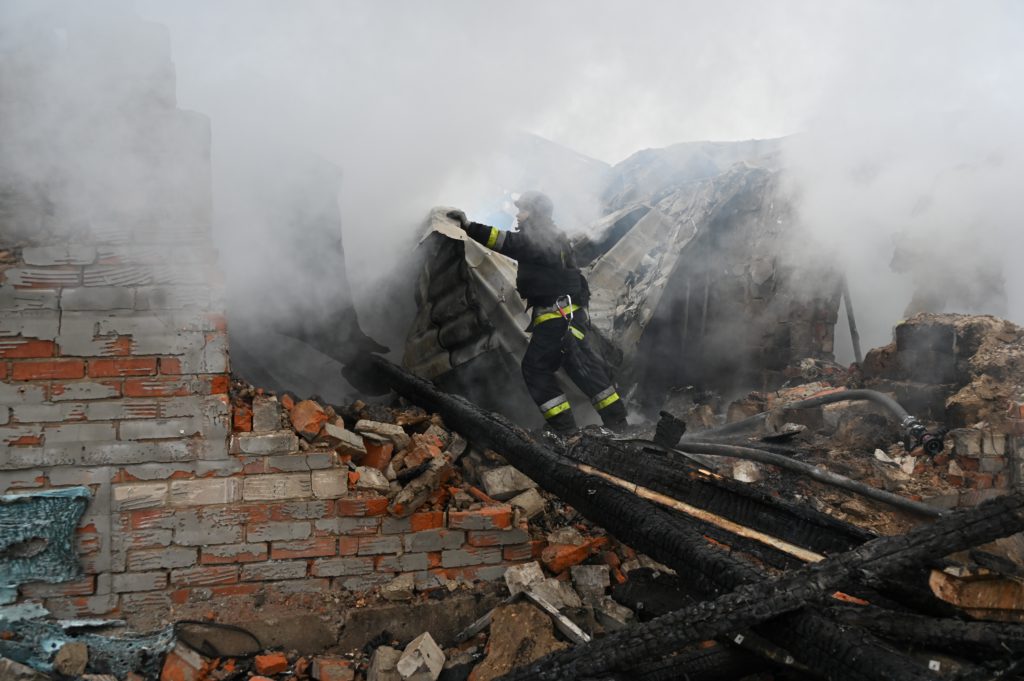Malta’s Prime Minister Robert Abela promised “greater humility” Sunday as his Labour Party claimed a third term in government, following parliamentary elections overshadowed by a legacy of corruption and the lowest turnout in decades.
Although official results are not expected in the Mediterranean island nation until early Monday morning, Labour said it had won a majority based on preliminary results, and the opposition Nationalist Party conceded.
Speaking to reporters at the counting hall in the town of Naxxar, after greeting supporters chanting his name, Abela said: “The public decided that Malta must continue moving forward.”
“It is a result which brings a greater responsibility, and which we must translate into greater humility,” he added, vowing to work “with a sense of national unity… in the interests of everyone”.
Abela had campaigned on his handling of the coronavirus pandemic and Labour’s economic record during nine years in power. By contrast the opposition Nationalist Party has been hamstrung by internal divisions.
But turnout in this highly partisan nation was lower than expected, after a lacklustre campaign limited by coronavirus restrictions and dogged by worries about the impact of the war in Ukraine.
The Electoral Commission estimated turnout at 85.5 percent, the lowest in a Maltese general election since 1955 — and the first time it has dropped below 90 percent since 1966.
However Deputy Prime Minister Chris Fearne told AFP the turnout was “high by European standards”.
– Culture of impunity –
Labour is also still tainted by the high-level corruption exposed by journalist Daphne Caruana Galizia, who was killed by a car bomb in October 2017 — a murder that shocked the world.
A public inquiry last year found the state under then Labour prime minister Joseph Muscat created a “culture of impunity” in which her enemies felt they could silence her.
Muscat had already stepped down in January 2020, after public protests at his perceived attempts to shield allies from the probe into her death, replaced by Abela following a Labour party vote.
Abela, a 44-year-old lawyer, has since moved to strengthen good governance and press freedom, including by reducing the prime minister’s powers over judges and the police.
However, Caruana Galizia’s family say he has not gone far enough.
The Nationalist Party had pressed the issue of corruption on the campaign trail, alongside the grey-listing last year of Malta by an international money-laundering body, the FATF.
Despite few natural resources, Malta built a thriving economy based largely on tourism, financial services and online gaming, but it has long fought allegations it acts as a quasi-tax haven.
It has also been criticised by the EU and anti-corruption campaigners for its “golden passports” scheme, which awards citizenship to wealthy investors.
Under political pressure, Abela suspended the scheme for Russians and Belarusians after Russia invaded Ukraine.
– ‘Not happy’ –
Hundreds of representatives of all the parties had earlier filled the counting hall, monitoring from behind perspex screens the officials verifying the ballots before they were electronically counted.
When the first results came in, the Labour supporters went wild, cheering, jumping in the air, hugging and banging on the screens.
It was a more sombre scene when Nationalist Party leader Bernard Grech later visited the Naxxar centre to thank volunteers, and vowed to keep working for “those people who are not happy with the current government.”
Both main parties had pledged to do more to protect the environment, amid increasing concerns at the impact of a years-long construction boom on Malta’s coastline and increasingly rare green spaces.
Located off the coast of Sicily, Catholic-majority Malta is the smallest and most densely populated country in the European Union, with around 516,000 people living in 316 square kilometres (122 square miles).
There is a green party, the ADPD, but no third party has held even a single seat in Malta’s parliament since before independence in 1964.
This was the first general election in Malta in which 16- and 17-year-olds were allowed to vote, although they have previously had that right in local and European Parliament elections.

